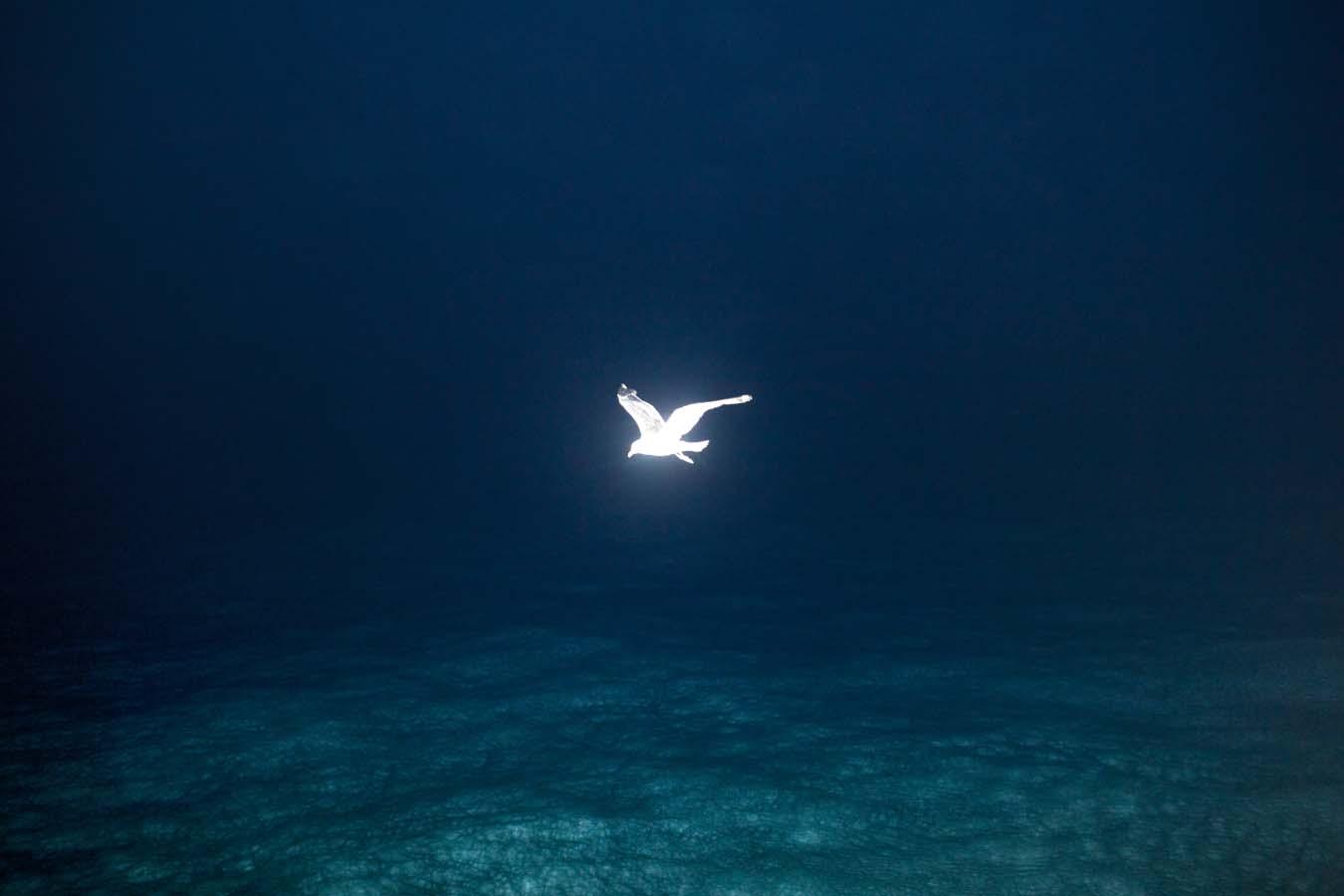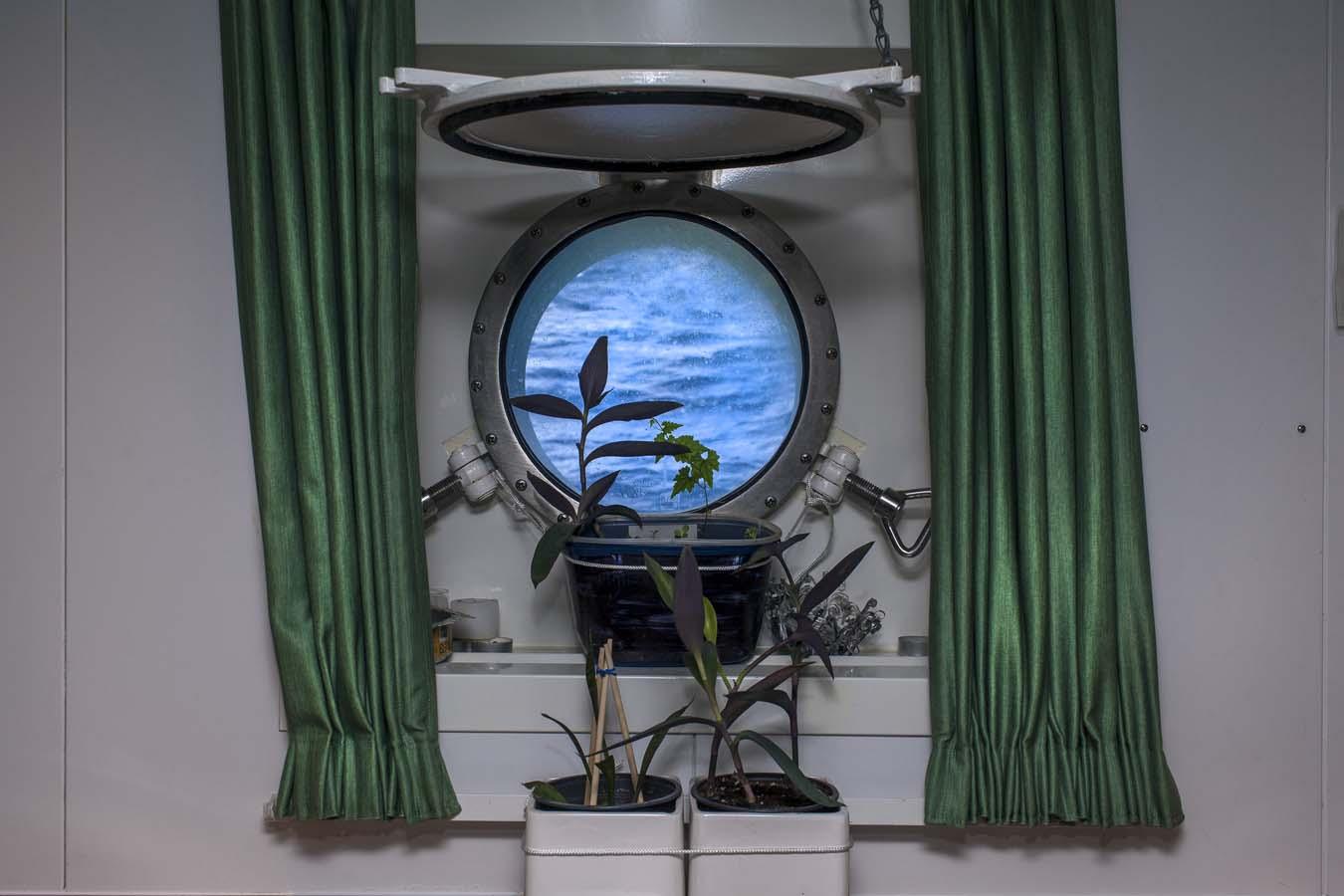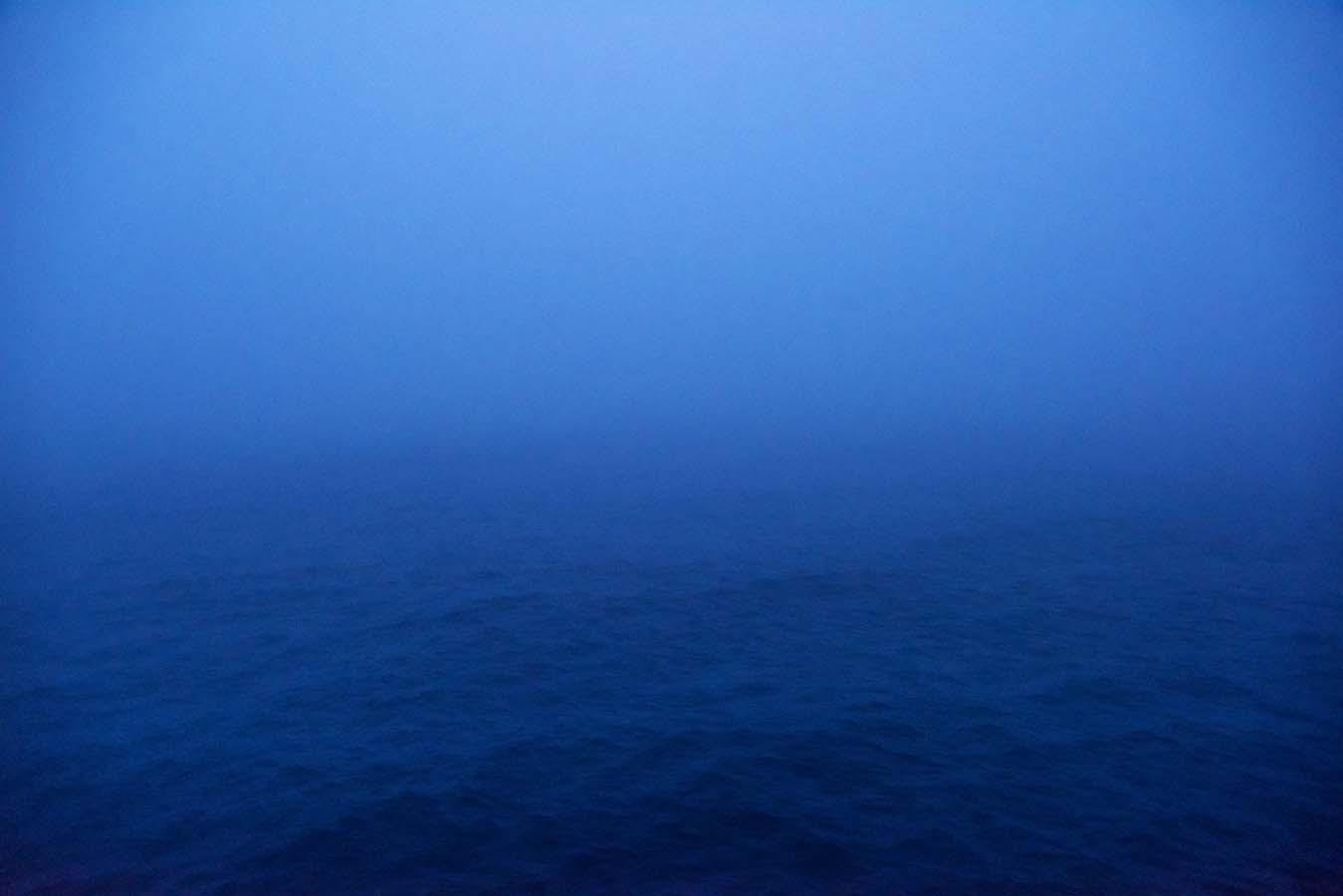Public Project
The margin of the horizon
The Strait of Magellan is a maritime passageway located at the extreme southern tip of South America, between Patagonia and the big island of Tierra del Fuego. Thus, it is the main natural passageway between the Pacific and Atlantic Oceans. Ferdinand Magellan, a Portuguese explorer, and navigator in the service of Charles I of Spain, became the first European to navigate the strait in 1520 during his global circumnavigation voyage. Until the Panama Canal opened in 1914, the Strait of Magellan was the main route for steamships traveling from the Atlantic to the Pacific Ocean. Nowadays, this whole area, especially Patagonia, remains one of the most pristine waters in the world but is highly threatened by the fishing industry that is now settling on the country's last virgin coasts, in the region of Magallanes, south of Patagonia and Southwest Atlantic on the Argentinian side. The expansion is taking place without scientific evidence or serious studies to limit production to water capacity. This could have catastrophic consequences for local ecosystems, which are part of one of the most significant aquifer reserves in the world.
These photographs were taken during sailings from the Port of Coquimbo to the Strait of Magellan in Chile, concluding with disembarkation at Puerto Madryn, located northeast of the Province of Chubut, Argentina, also from Montevideo in Uruguay to the south again. Trips were made in December 2015, February 2017, November 2019 and March 2023
El margen del horizonte
El Estrecho de Magallanes es un paso marítimo situado en el extremo sur de Sudamérica, entre la Patagonia y la gran isla de Tierra del Fuego. Es el principal paso natural entre los océanos Pacífico y Atlántico. Fernando de Magallanes, explorador y navegante portugués al servicio de Carlos I de España, fue el primer europeo que navegó por el estrecho en 1520 durante su viaje de circunnavegación mundial. Hasta la apertura del Canal de Panamá en 1914, el Estrecho de Magallanes era la principal ruta para los barcos de vapor que viajaban del Atlántico al Pacífico. Hoy en día toda esta zona, especialmente la Patagonia, sigue siendo una de las aguas más prístinas del mundo, pero muy amenazada por la industria pesquera que se está instalando en las últimas costas vírgenes del país, en la región de Magallanes, al sur de la Patagonia y en el suroeste del Atlántico en el lado argentino. La expansión se está produciendo sin pruebas científicas ni estudios serios para limitar la producción a la capacidad de agua. Esto podría tener consecuencias catastróficas para los ecosistemas locales, que forman parte de una de las mayores reservas acuíferas del mundo.
Estas fotografías fueron tomadas durante varias navegaciones desde el Puerto de Coquimbo al Estrecho de Magallanes en Chile concluyendo con el desembarco en Puerto Madryn, ubicado al noreste de la Provincia de Chubut, Argentina. También, desde Montevideo en Uruguay hacia el sur nuevamente. Los viajes fueron realizados en Diciembre 2015, Febrero 2017, Noviembre 2019 y Marzo 2023
14,634



































